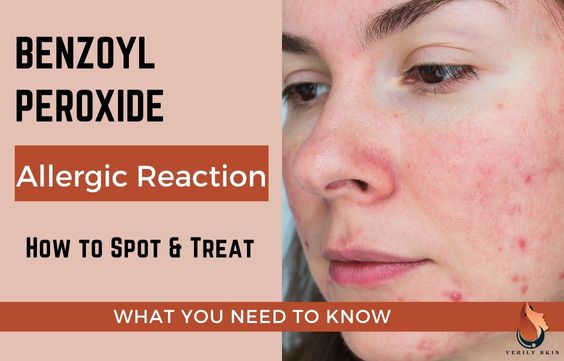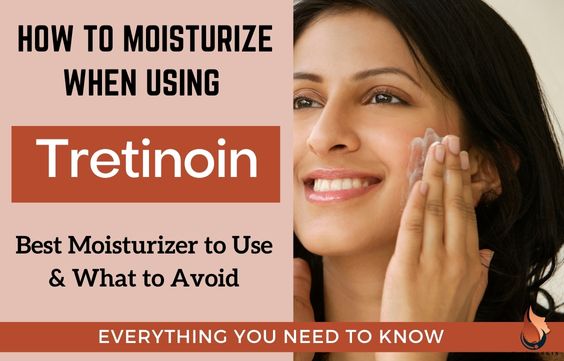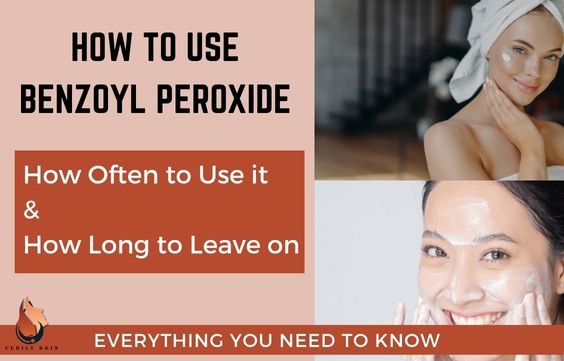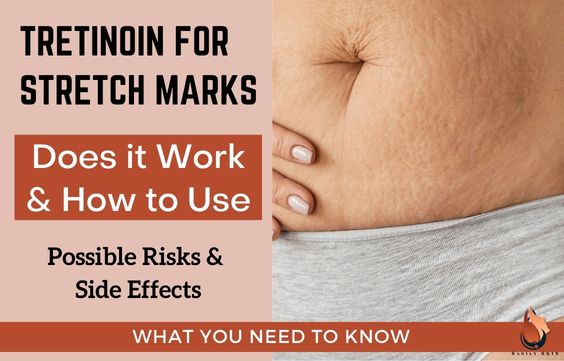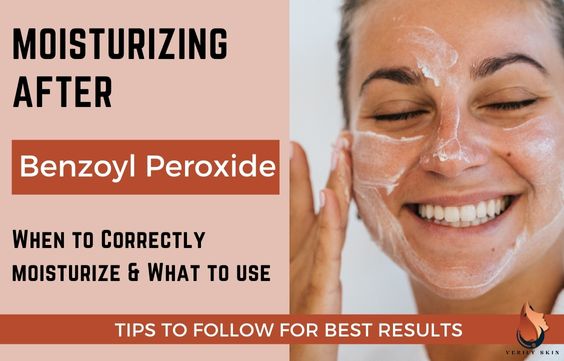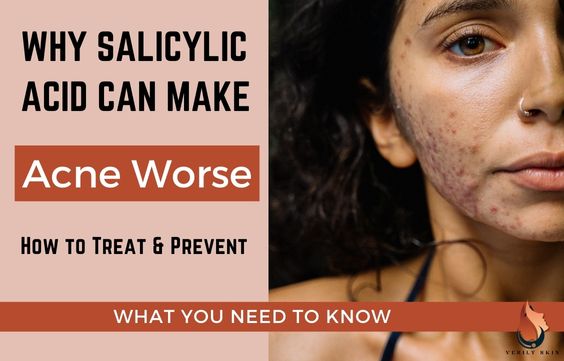Does Benzoyl Peroxide Bleach & Lighten Skin: Actual Truth
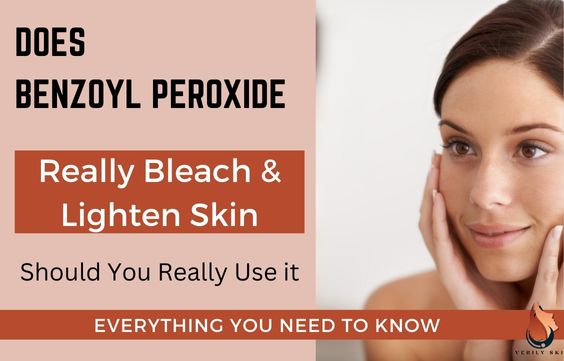
Benzoyl Peroxide is known to treat mild to moderate acne and it can seriously bleach our clothes and hair. But can it also bleach and lighten our skin?
Can Benzoyl Peroxide Bleach Skin
Yes. Benzoyl Peroxide contains peroxide which has bleaching properties.
Keep in mind though, that while benzoyl peroxide has bleaching properties, it is not especially used for bleaching the skin. It is rather more effective for bacterial control and oil removal.
The bleaching effect is gradual and more of a side effect.
Related Article- Can You Leave Benzoyl Peroxide on Overnight: Is it Safe
How Does Benzoyl Peroxide Bleach Skin
The peroxide in benzoyl peroxide bleaches the skin by causing oxidative stress.
This means that it removes oxygen from the skin cells, damaging them.
When benzoyl peroxide is applied directly to the pigmented area, it damages and removes the pigmented cells, causing your skin to become lighter after prolonged use.
Related Articles:
How to Use Benzoyl Peroxide To Treat Acne Scars & Dark Spots
Effects of Benzoyl Peroxide on Pores: What You Need to Know
How Long Will Benzoyl Peroxide Take To Lighten Skin
Benzoyl peroxide will take weeks to months of constant use to significantly lighten your skin.
This will depend mainly on how pigmented the area is, whether there are scars or just generalized pigmentation, and your skin’s reaction.
However, benzoyl peroxide has side effects that can occur with prolonged use, so this might not be the right treatment for widespread hyperpigmentation.
How Long To Leave Benzoyl Peroxide On & How Often To Use
Is It Safe To Use Benzoyl Peroxide To Bleach The Skin
Healthcare professionals and dermatologists do not recommend using benzoyl peroxide as a skin bleaching treatment.
Benzoyl peroxide can be harsh on your skin, especially if used in high concentrations.
Many people with hyperpigmentation (darkened skin) usually have pigmentation on large patches of skin. This will require that the treatment be applied broadly.
Applying benzoyl peroxide all over like that can cause skin irritation, especially in sensitive areas, which may only make your pigmentation worse. In fact, because it dries out the skin, benzoyl peroxide can actually lead to post-inflammatory hyperpigmentation if used excessively.
Benzoyl peroxide is best used in small areas or as a spot treatment.
Related Articles: Using Moisturizer After Benzoyl Peroxide: Tips to Follow
Best Benzoyl Peroxide Products For Spot Treatments
If you have dark spots or active acne and wish to use benzoyl peroxide for a long-term period, here are a few products that you can use:
1- PanOxyl Antimicrobial Wash, 4% Benzoyl Peroxide
Emollients combined with the recipe provide a more moisturizing and gentle daily cleaning. Daily use will gently resurface the skin gradually and it will not stay on the skin long enough to be too drying.
Click here to see the price for PanOxyl 4% Benzoyl Peroxide Wash on Amazon.
2- Perrigo 2.5% Benzoyl Peroxide Acne Treatment Gel
This water-based gel formulation can be left on the skin safely (as long as your skin can tolerate it) or it can be washed off. It has 2.5% of benzoyl peroxide and is great for sensitive skin. It also comes in stronger concentrations (5% and 10%) if necessary.
Click here to check out the Perrigo 2.5% Benzoyl Peroxide Acne Treatment Gel on Amazon.
Always consult your dermatologist before using benzoyl peroxide for non-acne-related skin conditions and especially before putting it on your skin.
Also, always remember to test patch any treatment before applying it fully.
Related Articles:
Benzoyl Peroxide Soap: Benefits, Side Effects & Best Ones
Using Benzoyl Peroxide For Underarm & Body Odor: A Guide
Benzoyl Peroxide Allergy: How To Spot & Treat
Benzoyl Peroxide Skin Purge – Everything You Need To Know
Can Benzoyl Peroxide Make Acne Worse: What To Expect & Do
Sources:
Benzoyl Peroxide for Acne: Does It Work, Side Effects and Before and after Shots
Everything you need to know about hydrogen peroxide and skin conditions

